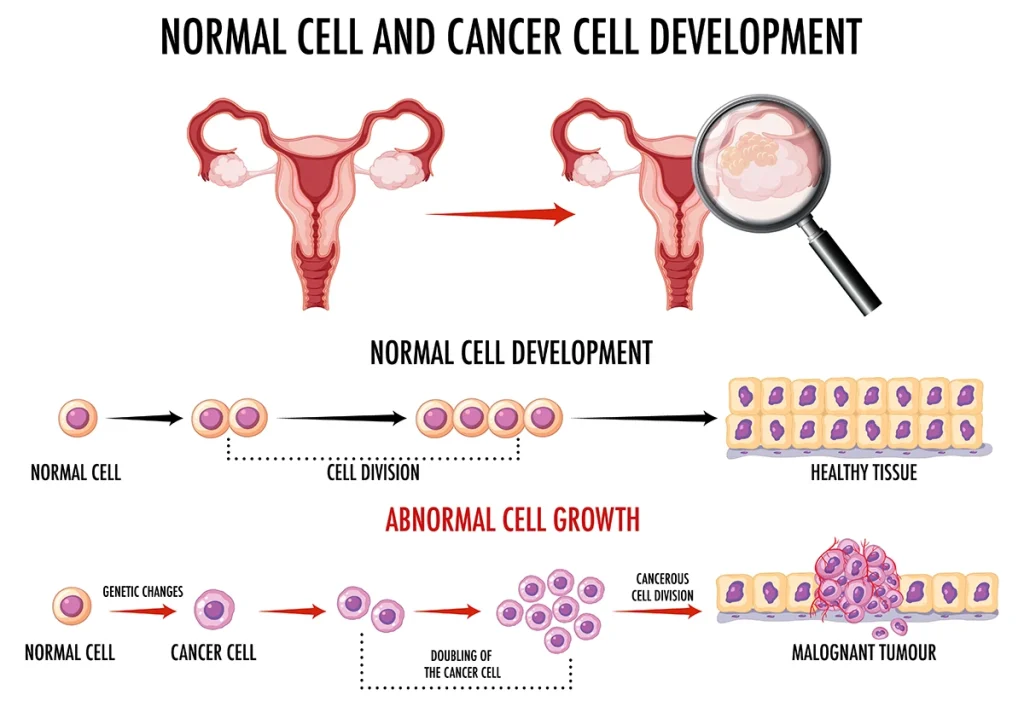Cervical Cancer Screening
Cervical Cancer: What You Need to Know
Cervical cancer is the fourth most common cancer among women globally, with an estimated 570,000 new cases in 2018.
The cervix is an organ that connects the vagina to the uterus.
Virtually all cervical cancers are associated with human papillomavirus (HPV). However, the majority of women with HPV do not develop cervical cancer. Women become susceptible to cervical cancer following HPV infection, but other environmental factors are required for the cancer to develop.

Who Is at Risk?
- Women who were married at an early age
- Women who have had multiple pregnancies
- Women with a history of sexually transmitted disease
- Women who have multiple sexual partners
- Women whose partners have had multiple sexual partners or sexually transmitted diseases
- Women from low socioeconomic backgrounds (due to poor hygiene)
- Women undergoing treatment involving suppression of the immune system (e.g., steroids, other diseases, or HIV)
Symptoms
- Abnormal vaginal bleeding between periods, after intercourse, or after menopause
- Persistent white, brown, or blood-stained, foul-smelling vaginal discharge
- Loss of appetite
- Unexplained weight loss
- Involuntary loss of urine

Our Cervical Cancer Screening Services
Since 2015, Link to Life has been offering the Pap smear test for cervical cancer screening at a minimal cost.
From 27th April 2011 to 2014, Link to Life conducted free cervical cancer screening using Visual Inspection with Acetic Acid and colposcopy for women aged 30–60 at our Vacoas centre.
We now use the Pap smear test, which is the latest and more accurate method of screening.
Appointments & Follow-Up
Cervical cancer screening is carried out by a gynecologist and doctors, once or twice a week, on an appointment-only basis.
If any abnormality is detected, the patient is referred to the hospital. However, patients are also free to consult any private medical practitioner for further investigation.